Livni Rejects Netanyahu's Final Offer
Likud head Netanyahu met with Kadima's Tzipi Livni on Friday morning for one final attempt to coax her into a broad coalition.
http://www.israelnationalnews.com/News/News.aspx/130184
This is a great read. I believe the author is spot on!
The Iran-Israel nuclear endgame is now much closer
By EDWIN BLACK Feb 26, 2009
http://www.jpost.com/servlet/Satelli...cle%2FShowFull
In recent days, four key developments have clicked in to edge Iran and Israel much closer to a military denouement with profound consequences for American oil that the nation is not prepared to meet.
What has happened?
First, Iran has proven it can successfully launch a satellite into outer space as it did on February 2. Teheran claimed, to the incredulity of Western governments, that the satellite was to monitor earthquakes and enhance communications. Few believe that, especially since America's own space program continuously launches unpublished military satellite missions. Teheran plans three more satellites this year, creating an easily weaponized space net that worries American military planners.
Second, the International Atomic Energy Agency last week admitted that it had underestimated Iran's nuclear stockpile by about one-third. The watchdog group now confirms Iran possesses 2,227 lbs. of nuclear material, sufficient to create at least one nuclear bomb. That stockpile includes 1,010 kilograms of low-enriched uranium hexafluoride, or approximately 700 kilograms containing the vital uranium 235 isotope, the stuff needed to weaponize.
Despite Obama's 'extended hand,' Iran and Syria continue to stonewall UN 'Reactor highlights world's failure'
Third, Iran has ramped up its enrichment program with thousands of new homegrown, highly advanced centrifuges. As The Cutting Edge News reported in April 2008, Iran wants 6,000 centrifuges to speed the enrichment of weapons-grade material. The number of working centrifuges now exceeds 5,400, including 164 new ones believed to be the faster and more efficient IR-2 and IR-3 models made in Iran. These new Iranian centrifuges are at least as sophisticated as its recently imported P-2 models.
American policymakers are now convinced that Iran, despite all protests and charades, is in a mad dash to create a deliverable nuclear weapon. The Obama administration has almost openly abandoned the assertions of the CIA's much-questioned 2008 National Intelligence Estimate that concluded Iran was not pursuing nuclear weaponry for the simple reason that its atomic program and military programs were housed in separate buildings.
Fourth, Binyamin Netanyahu has just become prime minister of Israel. He is determined to take action before - not after - Iran achieves its nuclear potential. This creates a volatile, hair-trigger situation that could explode at any moment. Hence, the endgame is now vastly closer than it was in mid-January, when many believed Israel might take action during the lame-duck interregnum.
Israeli countermeasures to date have included a massive international covert program of equipment sabotage, assassination of key nuclear personnel and a vibrant diplomatic offensive. But all these efforts combined amount to nothing more than delaying tactics, as Iran is irrevocably determined to achieve a nuclear weapon as fast as possible. Many believe such a weapon will be used to fulfill its prediction that Israel will soon be wiped off the map.
THE CONSEQUENCES for this confrontation are apocalyptic because Iran's full partner in this enterprise is Russia. The Russian company Atomstroiexport has provided most if not all of the nuclear material for the 1,000 megawatt Bushehr reactor, along with thousands of technicians to service and operate it.
Following its invasion of Georgia, Moscow forged ahead with final delivery plans for the S-300 advanced air defense system which can track scores of IAF airborne intruders simultaneously, whether low-level drones or high-altitude missiles, and shoot them down. But the S-300, the linchpin of Iran's defense against Israel, will not be fully operational for several months, creating a narrow window for Israel to act. Indeed, Russia has just announced a pause in missile deliveries for the system in fear that it will accelerate an Israeli response. Iran, of course, has repeatedly threatened to counter any such attack by closing the Strait of Hormuz, as well as launching missiles against the Ras Tanura Gulf oil terminal and bombarding the indispensable Saudi oil facility at Abqaiq which is responsible for some 65 percent of Saudi production. Any one of these military options, let alone all three, would immediately shut off 40% of all seaborne oil, 18% of global oil, and some 20% of America's daily consumption.
America's oil vulnerability has been back-burnered due to the economic crisis and the plunge in gasoline prices. However, the price of gasoline will not mitigate an interruption of oil flow. The price of oil does not impact its ability to flow through blocked or destroyed facilities. Indeed, an interruption would not restore prices to those of last summer - which Russian and Saudi oil officials say is needed - but probably zoom the pump cost to $20 per gallon.
American oil vulnerability in recent months has escalated precisely because of oil's precipitous drop to $35 to $40 a barrel. At that price, America's number one supplier, Canada, which supplies some 2 million out of 20 million barrels of oil a day, cannot afford to produce. Canadian oil sand petroleum is not viable below $70 a barrel. Much of Canada's supply has already been cancelled or indefinitely postponed. America's strategic petroleum reserve can only keep that country moving for approximately 57 days.
THE OBAMA ADMINISTRATION, like the Bush administration before it, has developed no plan or contingency legislation for an oil interruption, such as a surge in retrofitting America's 250 million gas guzzling cars and trucks - each with a 10-year life - or a stimulus of the alternate fuel production needed to rapidly get off oil. Ironically, Iran has undertaken such a crash program converting some 20% of its gasoline fleet yearly to compressed natural gas (CNG) as a countermeasure to Western nuclear sanctions against the Teheran regime that could completely block the flow of gasoline to Iran. Iran has no refining capability.
The question of when and how this endgame will play out is not known by anyone. Israeli leaders wish to avoid military preemption at all costs if possible. But many feel the military moment must come; and when that moment does come, it will be swift, highly technologic and in the twinkling of an eye. But as one informed official quipped, "Those who know, don't talk. Those who talk, don't know."
The writer is The New York Times best-selling investigative author of IBM and the Holocaust, Internal Combustion and the just released The Plan: How to Save America When the Oil Stops - or the Day Before (Dialog Press).
Friday, February 27, 2009
Subscribe to:
Post Comments (Atom)
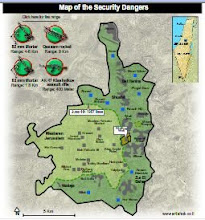
Divided Jerusalem
























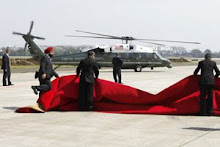



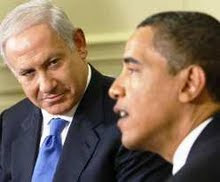

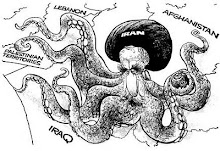














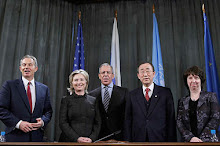

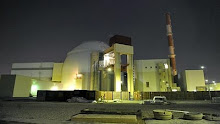


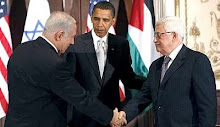





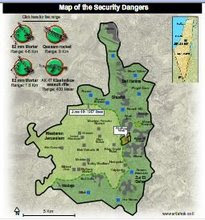













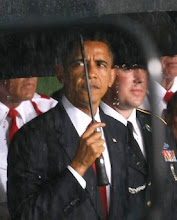





















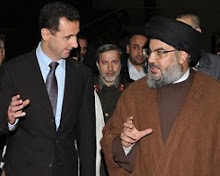









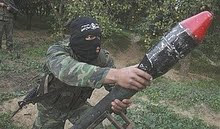
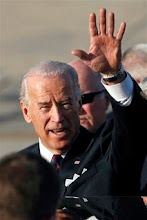


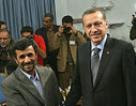+and+Iran%27s+Ahmadinejad.jpg)


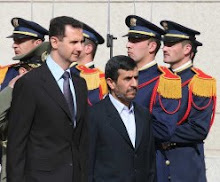


















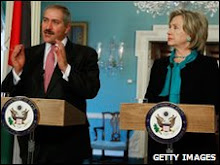










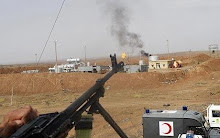







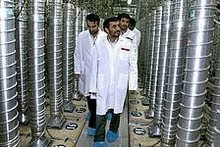













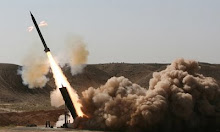









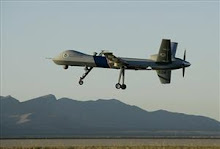






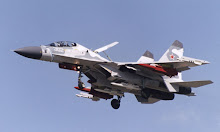

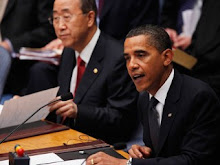
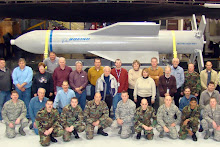.jpg)


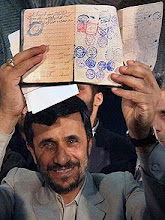

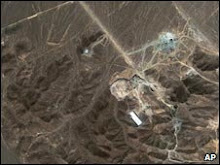

































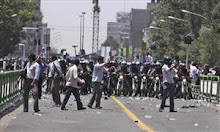.jpg)





.jpg)
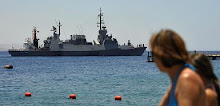





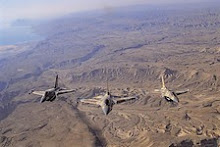




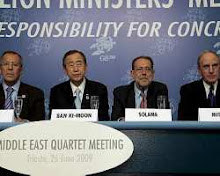






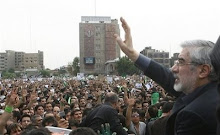








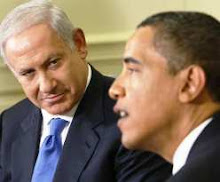

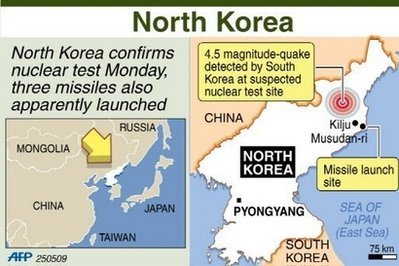





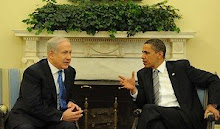




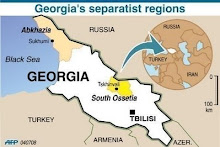


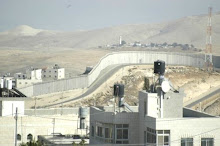














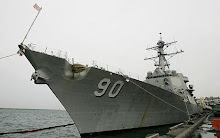



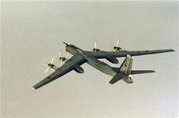


































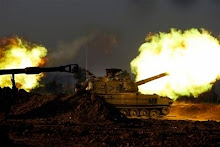
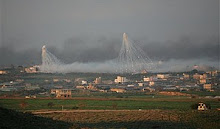

















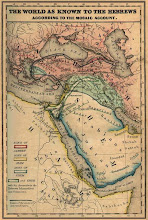













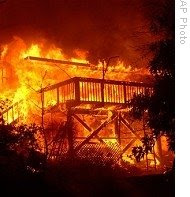












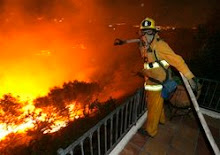











.jpg)



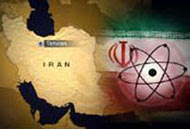











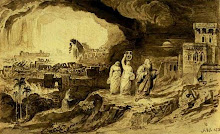


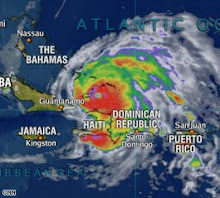


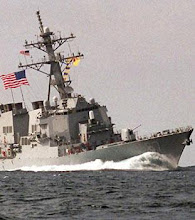






























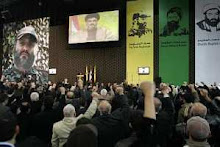



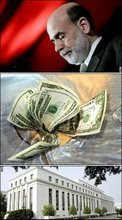












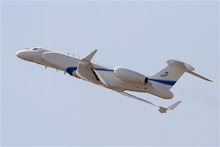




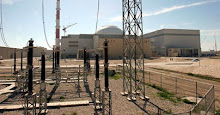










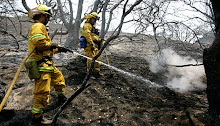

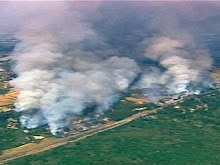
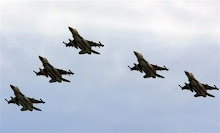



+and+FM+Livni.jpg)


























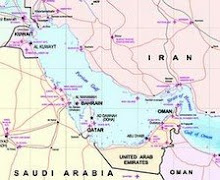

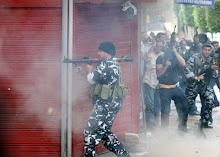





































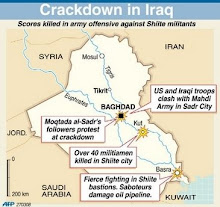




























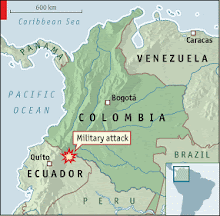


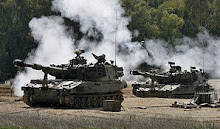










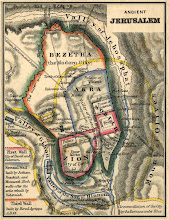










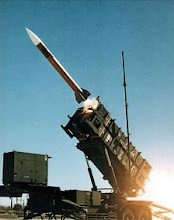



No comments:
Post a Comment